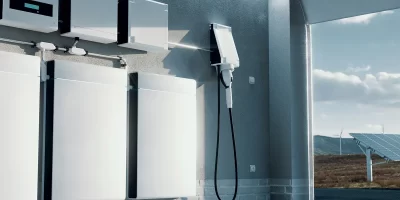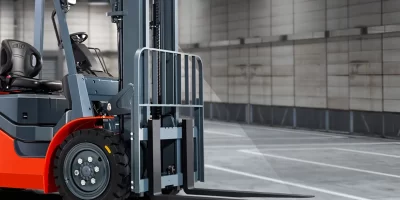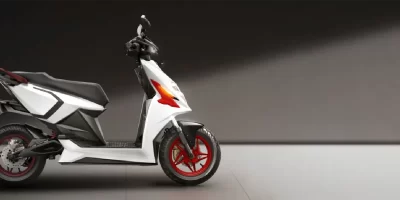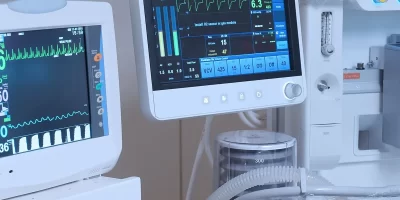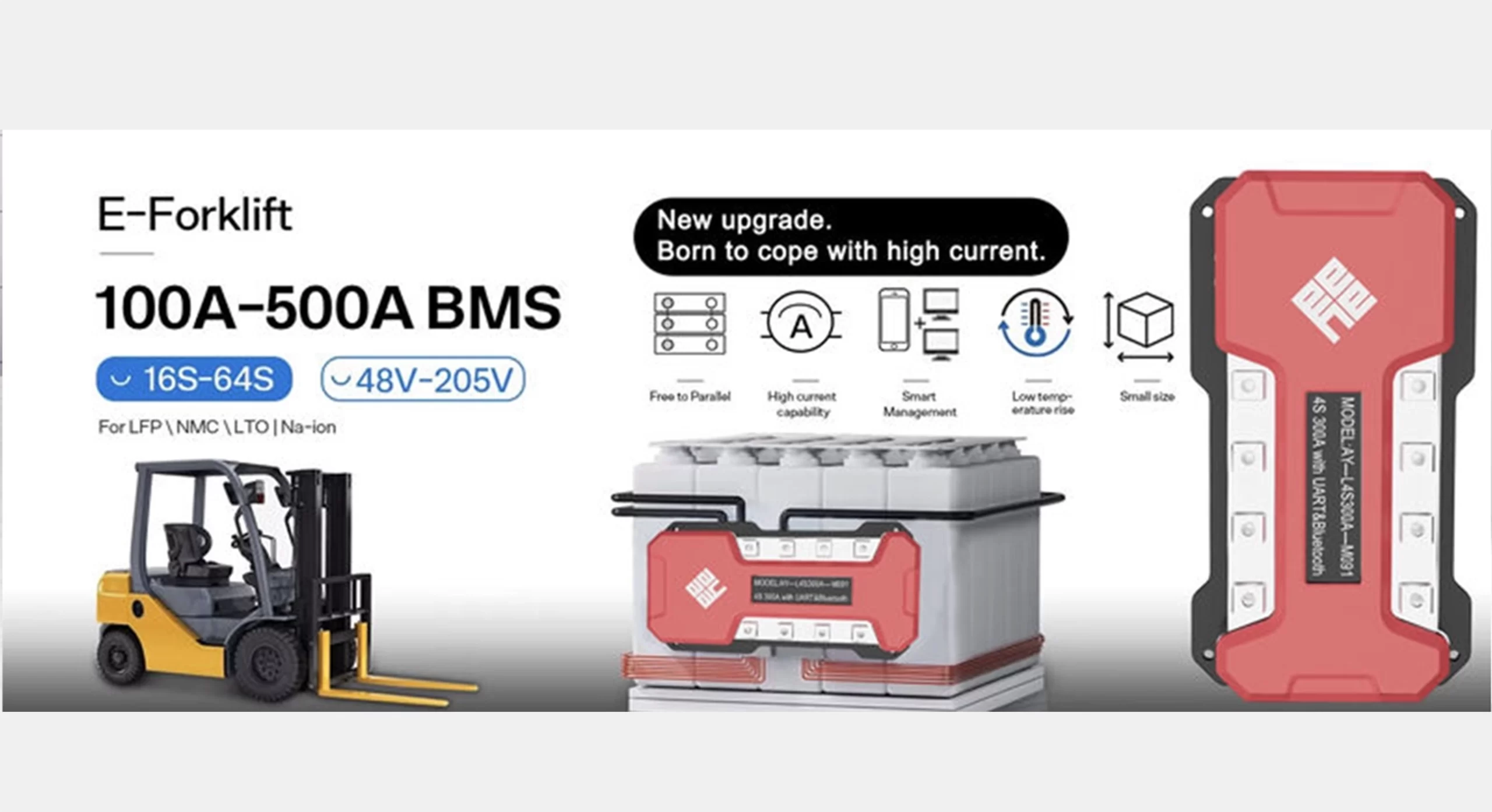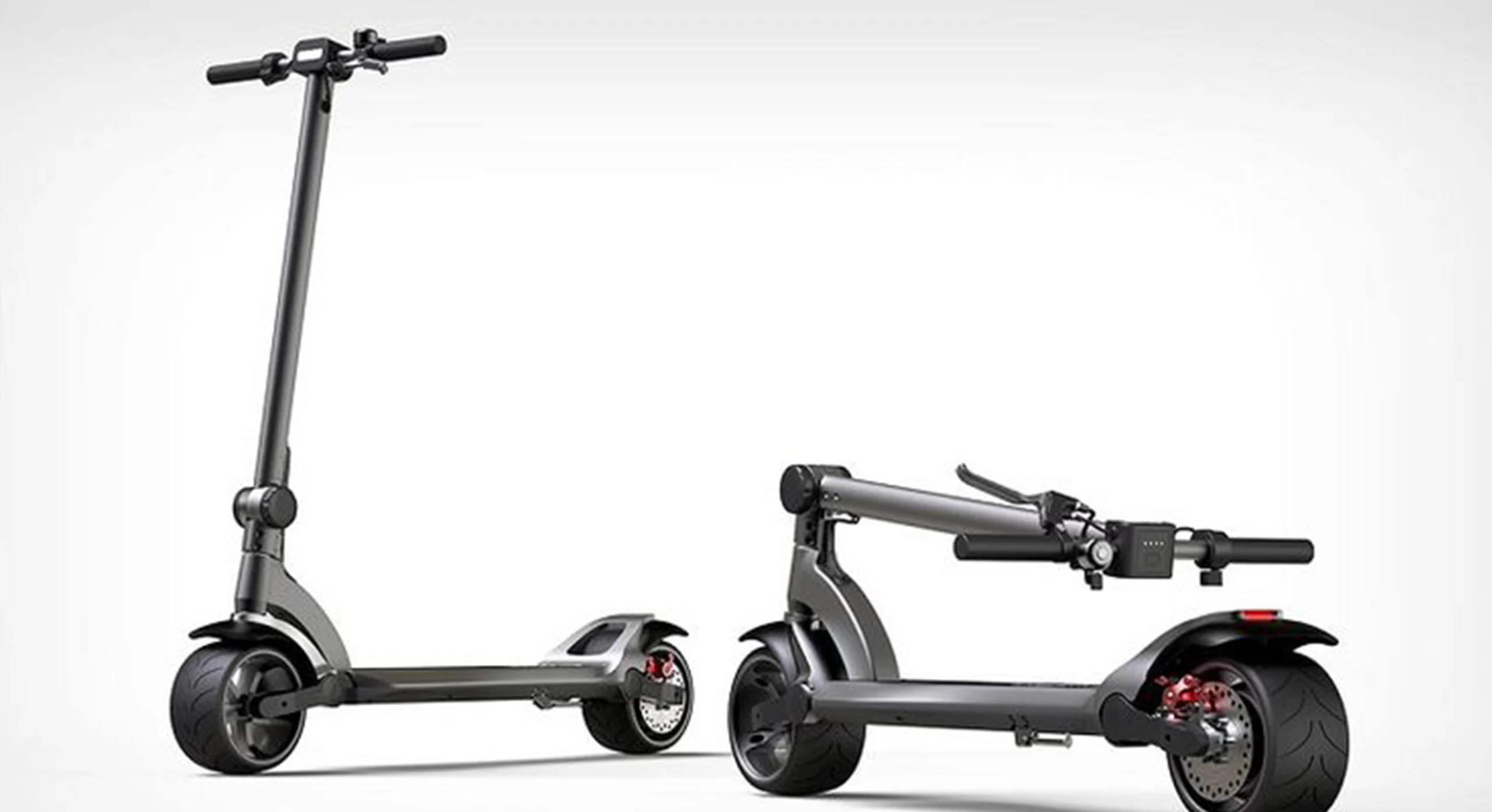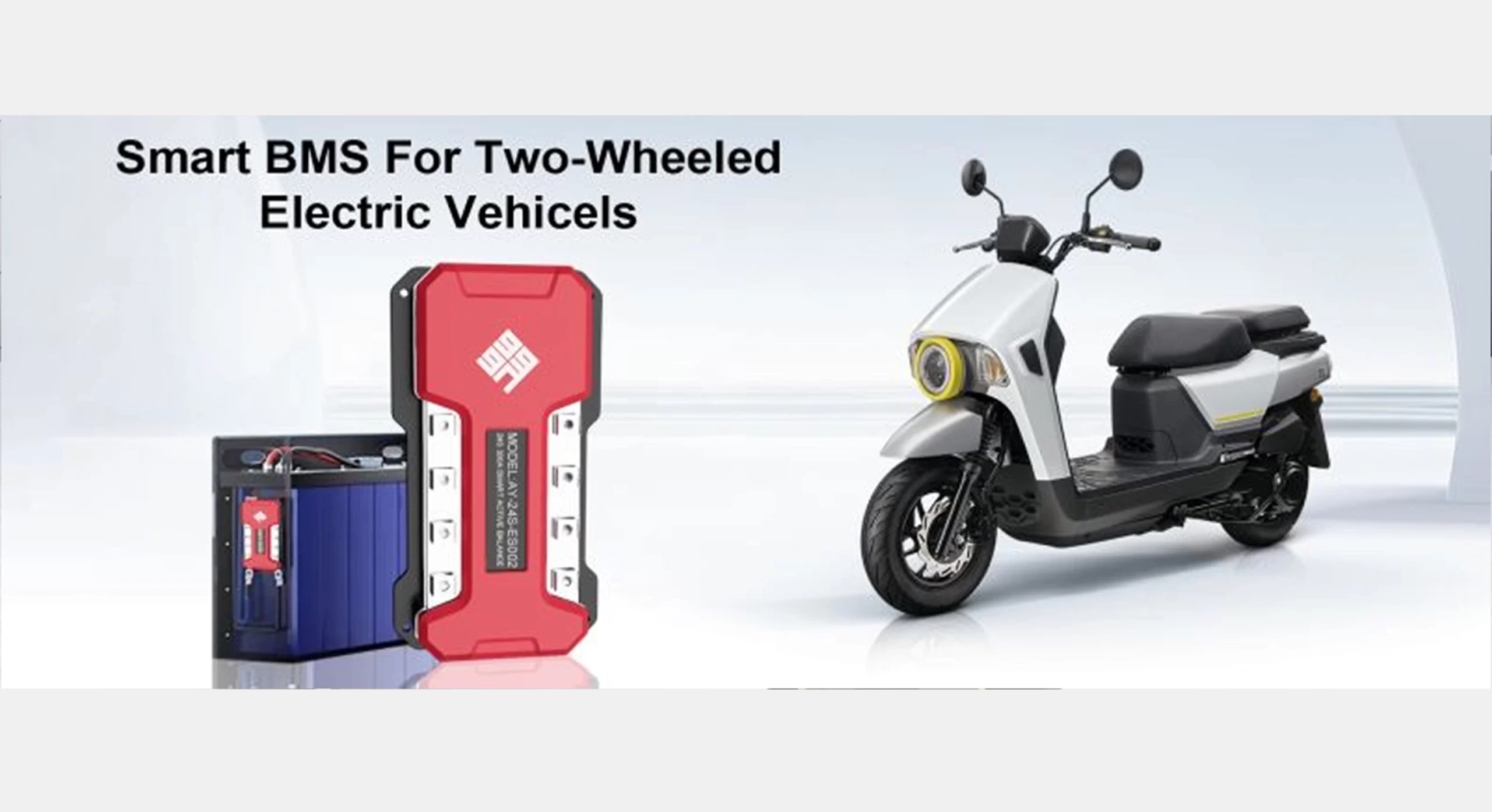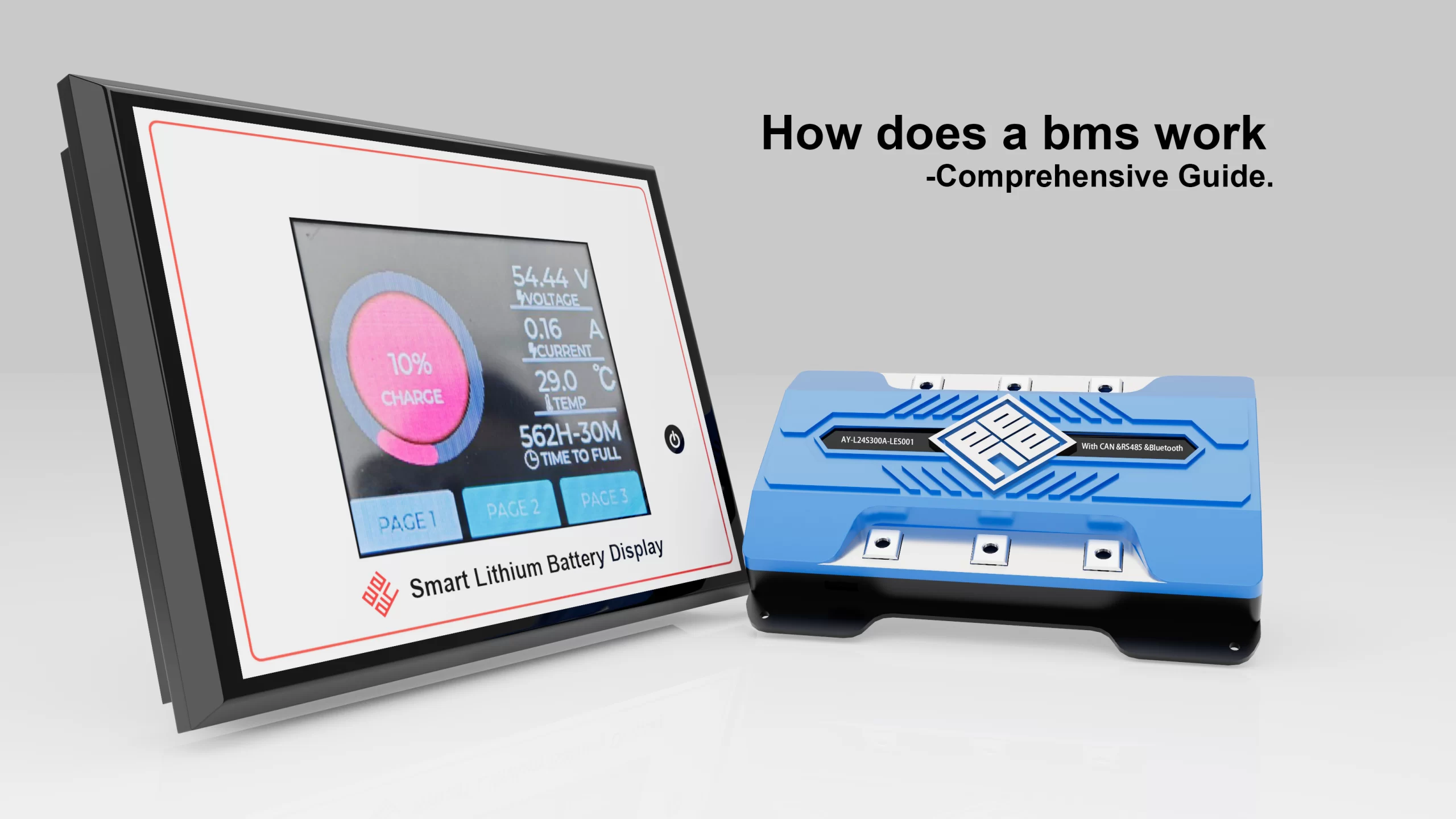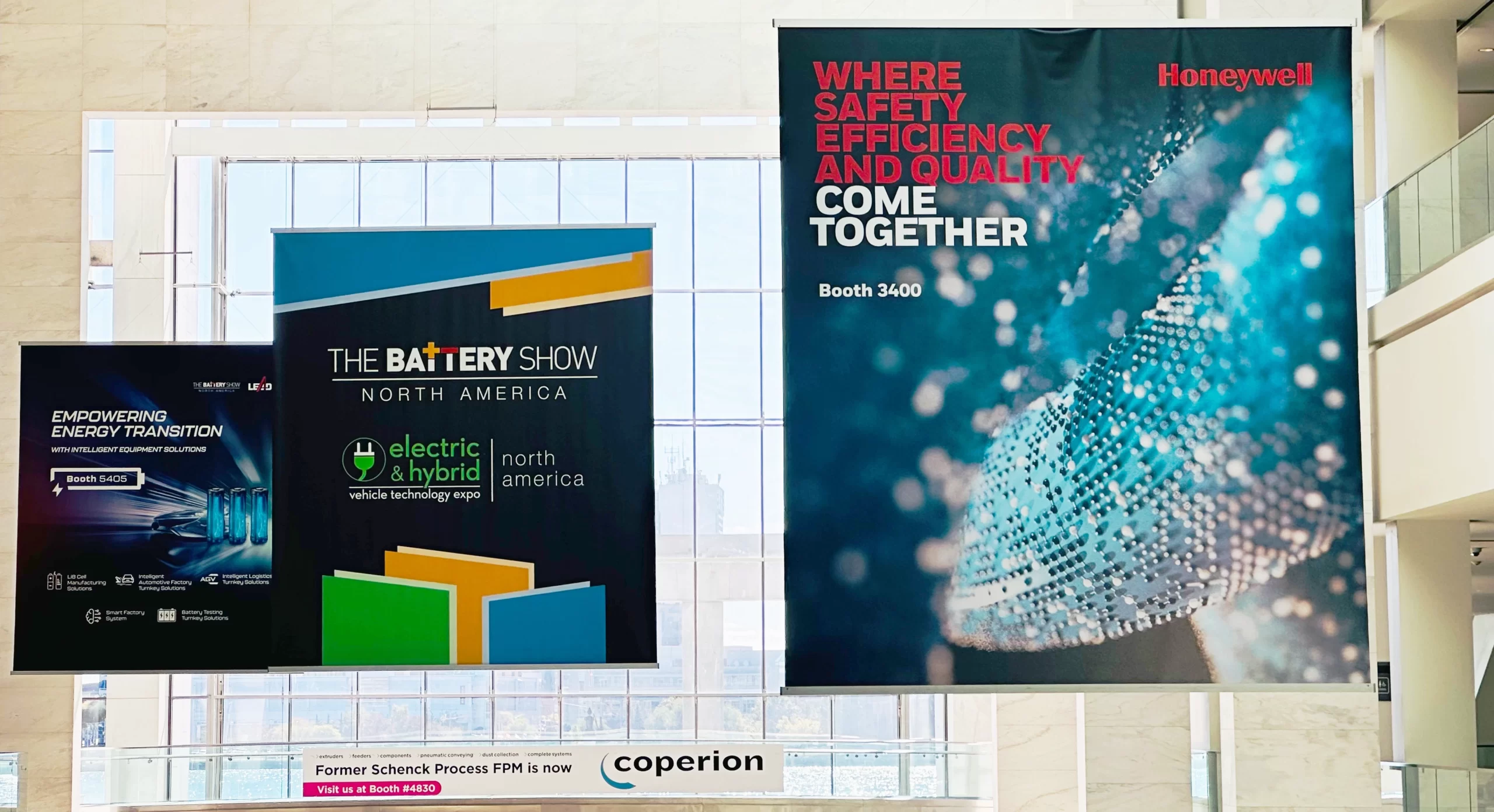Home About Us EVENTS & NEWS Exploring the Role of Lithium Battery Solar Systems in Improving Energy Efficiency and the Impact of U.S. Tariffs on Them
Exploring the Role of Lithium Battery Solar Systems in Improving Energy Efficiency and the Impact of U.S. Tariffs on Them
Exploring the Role of Lithium Battery Solar Systems in Improving Energy Efficiency and the Impact of U.S. Tariffs on Them
In today’s world, sustainable energy solutions are becoming more and more crucial.
With the increasing demand for renewable energy sources, lithium battery solar systems are gaining significant attention.
These systems, which combine solar panels with lithium-ion batteries, are transforming the way we harness and store energy.
The key to their effectiveness lies in their efficient components that work together to deliver optimal performance.
We’ll look at the key components of a Lithium Battery Solar system and explain how each one impacts energy efficiency.
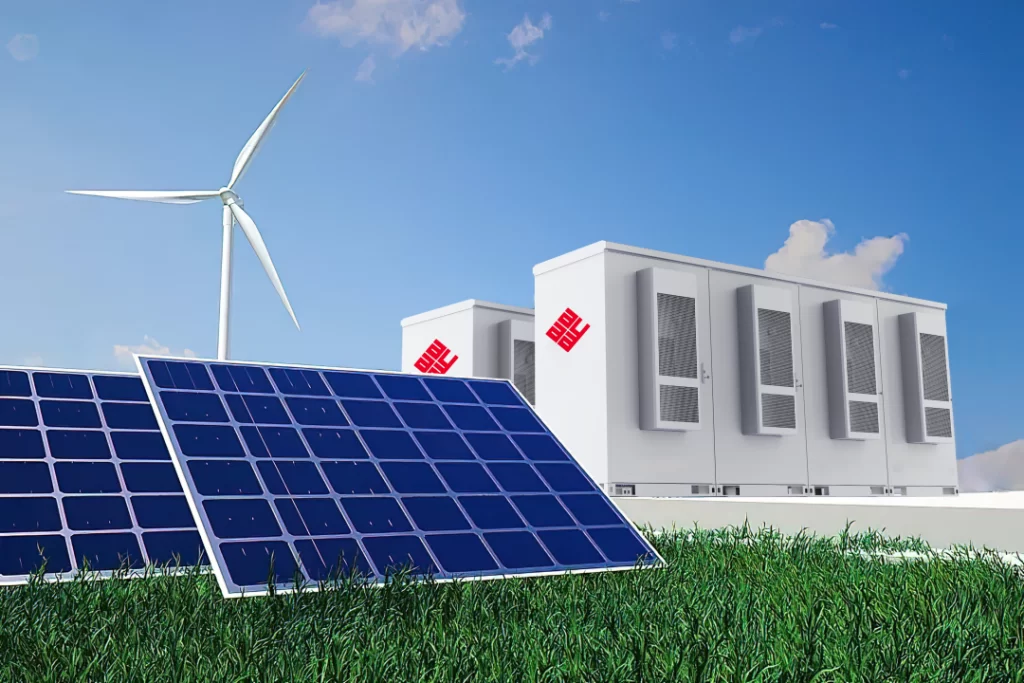
Benefits of a Lithium Battery Solar System
There are many advantages to using a lithium battery solar system for energy generation and storage.
Let’s take a look at some of the key benefits:
1. High Energy Efficiency
The energy efficiency of a lithium battery solar system is one of its main benefits.
High-density lithium-ion batteries, intelligent management systems, and efficient solar panels work together to guarantee that the energy generated is stored and used as efficiently as possible.
Over time, this lowers waste and increases the system’s cost-effectiveness.
2. Long Battery Life
With an average lifespan of 10 to 15 years, lithium-ion batteries outlast conventional lead-acid batteries by a significant margin.
This implies that the lithium battery solar system won’t require regular replacements and will continue to deliver dependable power for many years to come.
3. Fast Charging and Discharging
Another benefit of lithium-ion batteries over conventional batteries is their quicker charging and discharging times.
This guarantees a consistent supply of electricity by enabling the system to react swiftly to variations in energy demand.
4. Environmental Benefits
By reducing your dependency on fossil fuels, a lithium battery solar system can help you lower your carbon impact.
Lithium-ion batteries combined with solar energy, a renewable resource, provide an environmentally responsible and sustainable energy source.
The batteries themselves can also be recycled, which lessens the system’s environmental effect even further.
5. Cost-Effectiveness
A lithium battery solar system may initially cost more than a standard energy storage system, but over time, the electricity bill savings and lower maintenance costs make it a more economical choice.
Homeowners and businesses can become more energy autonomous and less dependent on the grid by combining solar energy with effective storage.
Concept of lithium battery solar system
In order to optimize energy efficiency, a lithium battery solar system combines energy storage and solar power producing technologies.
Using solar panels, the system absorbs sunlight, transforms it into electrical energy, and stores it in lithium-ion batteries for later use.
This system provides a dependable and sustainable means of meeting energy needs, and it is frequently utilized for both residential and commercial purposes.
Unlike traditional lead-acid batteries, lithium-ion batteries offer several advantages, including longer lifespans, faster charging times, and greater energy density.
As a result, these systems are becoming the go-to choice for homeowners, businesses, and off-grid locations looking to harness the power of the sun.
Essential Elements of a Solar System with Lithium Batteries
A lithium battery solar system consists of several crucial components that work together to efficiently capture, store, and deliver energy.
Let’s take a closer look at each of these key components.
1. Solar Panels
The solar panels are the central component of any lithium battery solar system.
These panels are in charge of using the photovoltaic (PV) effect to transform sunlight into electrical energy.
Solar panels, which are composed of semiconductor materials like silicon, collect sunlight and produce DC (direct current) electricity.
The performance of the system is directly impacted by the solar panels’ efficiency.
More sunlight can be converted into electricity by higher-quality panels, which lessens the demand for extra power generation.
Utilizing the maximum amount of available sunshine is ensured by an effective solar system powered by lithium batteries.
2. Inverter
The majority of houses and businesses utilize alternating current (AC) electricity to operate their electronics, even though solar panels provide DC electricity.
The inverter is useful in this situation.
The inverter is in charge of transforming the solar panels’ DC electricity into AC electricity.
Apart from transforming electricity, the inverter is essential for maximizing energy efficiency.
To guarantee optimal system performance, a smart inverter can interact with the battery management system (BMS).
By assisting in the regulation of voltage and current, it guarantees that your system generates the appropriate quantity of energy without experiencing overload or underperformance.
3. Lithium-ion Battery
The lithium-ion battery is the storage element in a lithium battery solar system.
These batteries store the energy produced by the solar panels for later use.
Unlike traditional lead-acid batteries, lithium-ion batteries are more efficient, have a longer lifespan, and offer higher energy density.
This means that more energy can be stored in a smaller, lighter battery pack.
The battery management system (BMS) plays a critical role in ensuring the health and efficiency of the lithium-ion battery.
It monitors the battery’s charge and discharge cycles, protecting it from overcharging and deep discharging, which could shorten its lifespan or damage its cells.
4. Battery Management System (BMS)
The battery management system (BMS) is the brain of the lithium battery solar system.
It monitors the health of the battery, ensures that it is charging and discharging safely, and optimizes the energy flow to and from the battery.
The BMS prevents overcharging, deep discharging, and other issues that can reduce the efficiency and lifespan of the battery.
A good BMS also helps extend the life of the battery by balancing the charge across all cells.
This ensures that all cells are used equally, preventing some cells from becoming overcharged while others are undercharged, which could lead to inefficiency and potential damage.
5. Charge Controller
A charge controller is used to regulate the flow of energy between the solar panels and the lithium-ion battery.
It ensures that the battery is charged at an optimal rate, preventing overcharging or undercharging, both of which can reduce the battery’s lifespan.
The charge controller also protects the system from power surges or fluctuations, ensuring a consistent energy flow from the solar panels to the battery.
It is a vital component that helps maintain the overall efficiency of the system.
6. Energy Management System (EMS)
The energy management system (EMS) is an intelligent control system that oversees the overall performance of the lithium battery solar system.
It uses data from the solar panels, inverter, BMS, and charge controller to optimize the energy flow throughout the system.
The EMS can monitor energy production and consumption in real-time, allowing for better load management and helping to prevent system overloads.
It can also prioritize the usage of stored energy, helping to optimize energy consumption and minimize reliance on the grid.
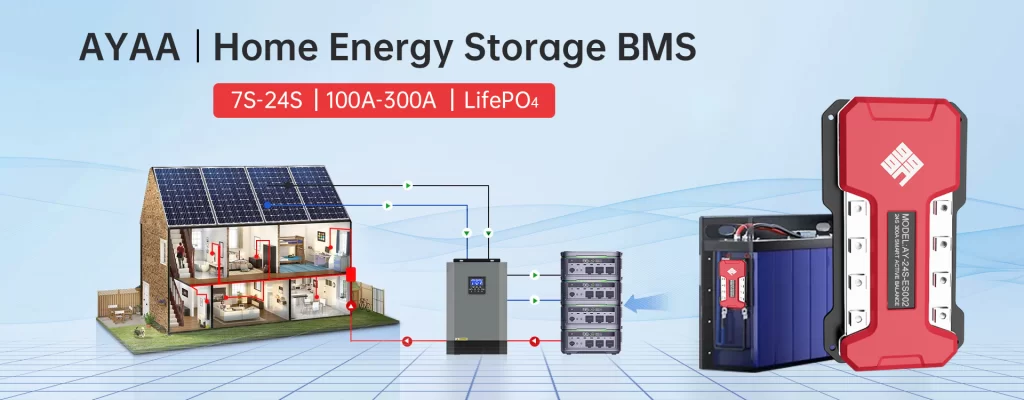
The Interaction of These Elements for Optimal Energy Efficiency
When all of the components of a lithium battery solar system are working together, they create a highly efficient and effective renewable energy system.
Here’s how they collaborate:
Solar Panels capture sunlight and convert it into DC electricity.
The Inverter converts the DC electricity into AC electricity for household or commercial use.
Any excess electricity generated by the solar panels is stored in the lithium-ion battery, where it is managed by the battery management system (BMS).
The Charge Controller regulates the charging and discharging process to ensure the battery is not overcharged or discharged too much.
The Energy Management System (EMS) optimizes energy use, ensuring that the available solar power is used efficiently and effectively.
The Impact of U.S. Tariffs on the Lithium Battery Solar Industry
The imposition of tariffs by the U.S. government has significantly affected many industries, including the lithium battery solar sector.
These tariffs, especially those targeting solar panels, battery components, and related technologies, have caused fluctuations in supply chains, costs, and market dynamics.
Impact 1: Increased Costs
The tariffs imposed on Chinese solar panels and lithium battery components have significantly raised the costs of these products in the U.S. market.
For companies that rely on Chinese imports, such as solar panel manufacturers and battery producers, these increased costs can be a burden.
The rise in component prices has led to higher final prices for consumers, which can reduce demand, particularly in price-sensitive segments.
Impact 2: Supply Chain Disruptions and Delays
With tariffs in place, U.S. companies relying on Chinese-made components have faced longer lead times and higher shipping costs.
The trade war and pandemic-related supply chain disruptions have exacerbated these issues.
The tariff increase not only delayed product delivery but also introduced uncertainty into the supply chain, making it difficult for companies to plan their inventory and manufacturing processes effectively.
Impact 3: Accelerated Technological Innovation
With the rise in component prices due to tariffs, U.S.-based companies have been forced to focus more heavily on innovation to remain competitive.
This includes improving the energy density of lithium batteries, optimizing battery management systems (BMS), and enhancing the overall performance of solar power systems.
For instance, companies like Ayaa Technology, a leader in battery management systems, are advancing the technology behind energy storage and ensuring that solar power systems with lithium batteries operate more efficiently and safely.
Impact 4: Domestic Production Growth
The tariffs on Chinese products have also served as a catalyst for increased domestic manufacturing in the U.S. For example, some U.S. companies have ramped up efforts to build their own solar panels and lithium battery production facilities within the U.S.
This shift to domestic production is in line with the U.S. government’s desire to reduce dependency on foreign sources and strengthen its manufacturing capabilities in the renewable energy sector.
Impact 5: Rising Competition from European and Asian Companies
As a result of U.S. tariffs, European and Southeast Asian solar companies have become more competitive in the U.S. market.
Countries like Germany, South Korea, and Japan have become key players in the solar panel and lithium battery industries, providing advanced, high-quality products that meet U.S. standards.
Their ability to meet U.S. demand without the burden of tariffs has allowed these companies to capture a greater share of the American market.
This presents a chance for businesses like Ayaa Technology to spur additional innovation in energy storage and battery management systems (BMS), offering state-of-the-art goods that improve the dependability and efficiency of solar power systems.
The Advantages of Choosing Ayaa Technology for Your Needs in a Lithium Battery Solar System
U.S. tariffs on Chinese solar panels and lithium battery components have had a profound impact on the lithium battery solar industry.
While tariffs have led to higher costs, supply chain disruptions, and increased competition from international companies, they have also sparked technological innovation, domestic production growth, and greater collaboration within the global solar industry.
At Ayaa Technology, we specialize in providing cutting-edge BMS (battery management systems) and lithium battery solar solutions for various industries, including renewable energy, automotive, and medical devices.
Our expertise in battery technology and energy management ensures that we offer top-quality products that optimize energy efficiency and performance.
Our lithium battery solar systems are designed to work seamlessly with the latest solar panel technology, ensuring that you get the most out of your investment.
We offer a range of solutions, from home solar storage systems to large-scale commercial applications, providing tailored energy solutions to meet your needs.
A lithium battery solar system is an excellent choice for anyone looking to harness the power of the sun while maintaining high energy efficiency.
By integrating high-quality solar panels, lithium-ion batteries, and intelligent management systems, these systems provide a sustainable and reliable energy solution.
Whether you are a homeowner looking to reduce your energy bills or a business aiming to go green, a lithium battery solar system is the way to go.
At Ayaa Technology, we are committed to providing state-of-the-art BMS technology and reliable lithium battery solar solutions that maximize energy efficiency and support a sustainable future.
Contact us today to learn more about how our products can help you accomplish your energy objectives.
Contact Us
SHARE
News Recommend
-
How does AYAATECH BMS work in E-scooters
01/16/2025 -
2024 battery show in Detroit,USA.
10/08/2024


